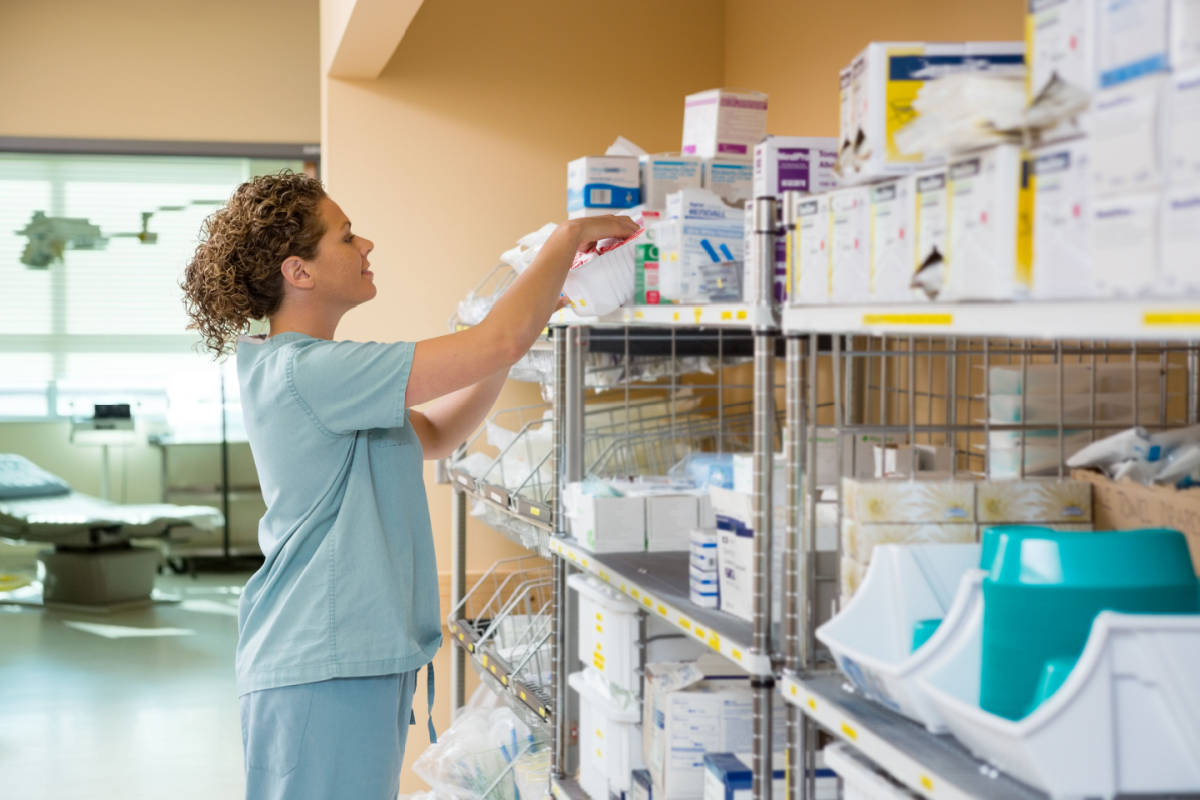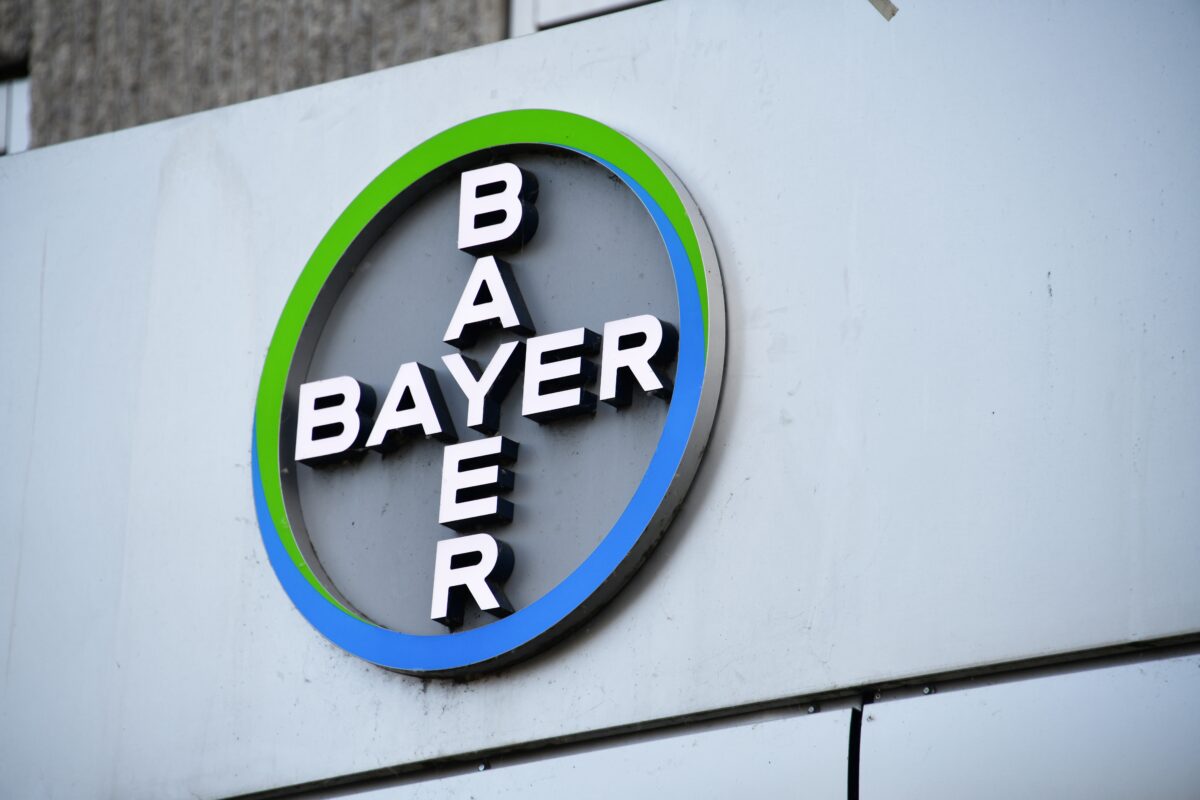Personal Genome Service
Named after the 23 pairs of chromosomes in human cells, 23andMe is a Google-backed privately held genomics company that offers direct-to-consumer (DTC) personal genome testing, founded in 2006.
For a price of $199, you will receive a kit in the mail to collect a sample of your saliva that will be sent back to the laboratory for sequencing. The DNA is then extracted from this sample that they will vigorously analyze to produce a report of inferences about your health and genealogy.
Our DNA is made up of over 3 billion nucleotides which have accumulated from a long ancestral voyage, and thus carry a lot of information intergenerationally. Mitochondrial DNA gives information about the matrilineal line and Y-chromosome patterns about the patrilineal line. There are also many patterns and variations throughout our 22 non-gender specific chromosomes (called autosomes) that can identify groups of genes inherited from each parent, allowing one to trace DNA relatives and discover our ancestral composition.
These patterns are also used to produce health and trait reports where you can, “Learn over a hundred things about yourself”. This includes information about inherited conditions (ie cystic fibrosis or hereditary hearing loss), potential drug responses to medications, genetic risk factors (ie breast cancer), as well as various general traits (ie lactose intolerance or male pattern baldness).
Direct-to-consumer personal genome services are only growing and will likely continue to be around for years to come. 23andMe is one of the largest direct-to-consumer genetic services, receiving over $111 million dollars of funding to date and obtaining over 850,000 consumer DNA samples.
Medical Research
23andMe also provides an option to participate in original research, whether that means teaming up with Michael J. Fox Foundation to gather data on patients living with Parkinson’s disease or participating in online surveys. There is a consent document that must be signed in order for the privacy policy to share your data with third parties – which CEO Anne Wojcicki (married to, but recently separated from, Google cofounder) reports that up to 85-90% of customers do consent to.
Combining this amount of consumer DNA sequences with health surveys provides a potential gold mine of information for pharmaceutical companies and other third parties. This growth of data collection has led to various pharmaceutical collaborations (for example in 2012 with Genetech to recruit breast cancer patients who consumed their drug) that are only going to continue to expand.
Drug Development
This announcement came with the hiring of two Genentech veterans – former head of drug development, Richard Seller, to lead the new drug development group as chief scientific officer, and former senior director of bioinformatics and computational biology, Robert Gentleman. The group’s mission is to find and develop drugs from the world’s largest database of human genetic material.
In January 2015, 23andMe announced a $10 million partnership with Genentech to sequence the full genomes of at least 3000 consumers who are at high risk of developing Parkinson’s disease. If they can reach the milestones they plan, this deal will increase to $50 million.
Days later, they also announced an agreement with Pfizer that allows access to the databases and includes a plan to enroll and genotype 5,000 people affected with lupus. The company has signed at least 10 more deals with biotechnology companies, to be announced this year.
Concerns & Hurdles
Since its inception, 23andMe has faced many concerns from the FDA and the public, about over-marketing their services as a way of predicting and even preventing health problems.
In November 2013, after six months without any communication to the FDA in order to legally market their product, and almost a year of not supplying adequate documents and information, the FDA sent a public warning letter ordering 23andMe to immediately stop marketing the ‘Saliva Collection Kit and Personal Genome Service’ — since it is in violation of not properly classifying as a medical device under the Federal Food, Drug and Cosmetic Act.
A medical device is intended for use in the diagnosis of disease or other conditions, or in the cure, mitigation, treatment, or prevention of disease. 23andMe has been marketing their kit as a tool to provide “health reports on 254 diseases and conditions” and specifically as a “first step in prevention” that enable users to “take steps toward mitigating serious diseases”. The FDA highlights the risk of potential health consequences associated with false positives or negatives, especially for such assessments such as their test for BRCA tumor suppressing genes. This could result in a patient deciding to undergo prophylactic surgery or other morbidity-inducing actions. The same is true for drug responses and patients may begin to self-manage their treatments or abandon certain therapies – which could result in injury or death. Thus, serious concerns are raised if test results are not adequately understood by patients or if incorrect test results are reported.
However, the letter also highlights the regulatory requirements the FDA has been trying to diligently help them to comply with in order to obtain marketing authorization – through the 510(k) process of Premarket Notification (rather than Premarket Approval which requires “adequate and well-controlled” clinical trials to approve a medical device – the most stringent type of device marketing application). The Premarket Notification is a process somewhat analogous to the generic drug concept used to obtain marketing clearance for a device that is “substantially equivalent” in safety and effectiveness to a standard recognized by the FDA.
Back on the Market
Recently in February 2015, 23andMe was finally approved by the FDA to market a screening test for a rare disease called Bloom Syndrome (linked to short stature, increased risk of cancer, and variety of other health problems). The FDA announced it is classifying carrier screening tests as class II and intends to exempt these devices from FDA premarket review, stating “this action creates the least burdensome regulatory path for autosomal recessive carrier screening tests with similar uses to enter the market.” Carrier testing is a type of genetic testing where the person shows no symptoms for a genetic disorder but has risk of passing on to their children. The FDA requires the company to explain to the consumer in the product labeling what the results might mean and to provide information about how to obtain access to a board-certified clinical molecular geneticist or equivalent to assist in genetic counselling. This approval gives 23andMe a regulatory framework for future submissions.
CEO Anne Wojcicki responded to the good news in the 23andMe blog: “This is an important first step in fulfilling our commitment to return genetic health reports to consumers in the US.”
Conclusions
Although the FDA is addressing marketing concerns for the safety of the public, there is also significant concern about the privacy and protection of an individual’s data since this can be available to third parties. Concerns over the impact it may have on someone’s own psyche and self-identity have also been raised, though few short term studies have reported little distress.
The bigger questions we are left to think about may be: Will insurance companies be given access to 3rd party data, granting them agency to deny or inflate insurance coverage? Also, how accurate is this information? Will this information be beneficial? Do we need this type of information to make significant health changes in our lives? Or is it something to bring us more anxiety and fear?
What are your hopes or concerns? Let us know in the comments section, below!
More to come on Personal Genome Services….









Join or login to leave a comment
JOIN LOGIN